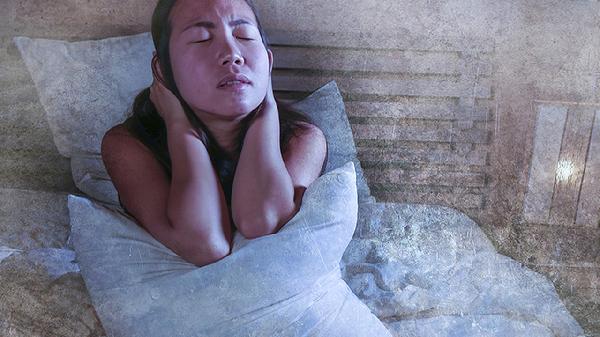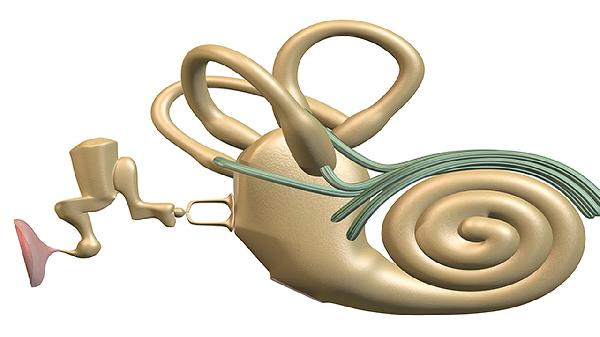Disease Facts
Work Stress Burnout: What's Draining the American Workforce?
Modern workplace pressures, irregular sleep, lack of exercise, poor diet, and unresolved stress make office workers highly susceptible to neurasthenia, impacting health and productivity.
Effective Stress Relief Tips to Combat Nervous Exhaustion
Neurasthenia, a modern "common ailment," disrupts sleep, energy, and mood. Combat it with routines, exercise, balanced diets, stress management, and hobbies to restore balance and vitality.
Does Body Type Affect Nervous Exhaustion?
Body type and neurasthenia are linked through metabolism, hormones, psychological stress, lifestyle, and genetics. Both obesity and underweight can increase neurasthenia risk due to these factors.
Is Extreme Paranoia a Sign of Mental Illness?
Severe sensitivity and paranoia may signal underlying mental health issues but aren't always mental illnesses. Persistent symptoms disrupting daily life warrant professional help. Self-regulation techniques like meditation can aid symptom management. Prioritizing mental health is crucial for overall well-being.
Headphone Overuse May Lead to Nervous Strain—Stay Alert!
Prolonged, high-volume headphone use can damage hearing and lead to neurasthenia, causing fatigue, insomnia, and anxiety. Follow the "60-60 rule" for safe usage: volume below 60%, usage under 60 minutes. Opt for open-ear or noise-canceling headphones and prioritize regular hearing checks, sleep, and stress relief to protect nerve health.
Tech Burnout: How to Recharge Your Mind and Body
Prolonged screen use causes physical and mental strain, but simple habits can help. Follow the 20-20-20 rule for eyes, maintain posture, stretch regularly, take short breaks, and prioritize sleep and nutrition to combat digital fatigue and restore balance.
How to Handle Nightmares and Sleep Peacefully Every Night
Frequent vivid dreams can disrupt sleep quality, often linked to stress, anxiety, or poor pre-sleep habits. Adjusting routines, managing emotions, and improving sleep environments can reduce dream frequency, promoting restful sleep. Prioritize good sleep for better health.
How to Manage and Alleviate Symptoms of Nervous Exhaustion
Neurosis, a common modern health issue, causes fatigue, anxiety, and insomnia. Manage it by maintaining a regular sleep schedule, eating a balanced diet, exercising moderately, practicing relaxation techniques, and seeking professional help if needed. Proper rest and recovery restore brain and body vitality.
When Does Burnout Hit Hard? Stress Points You Should Know
Neurasthenia, likened to a "lagging computer," stems from prolonged stress, poor sleep, emotional turmoil, unhealthy habits, and overuse of electronics. Prevent it by managing stress, sleeping well, stabilizing emotions, and adopting healthy routines. Protect your brain for better resilience.
Signs of Student Burnout: What to Watch For
Neurasthenia, often mistaken for academic stress, involves persistent fatigue, difficulty concentrating, mood swings, sleep issues, and physical discomfort. It’s a serious health concern requiring professional attention and lifestyle adjustments to restore well-being.


























